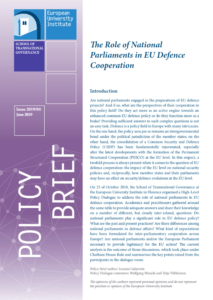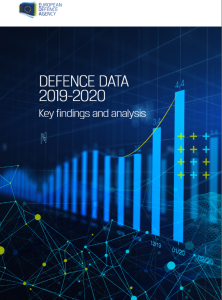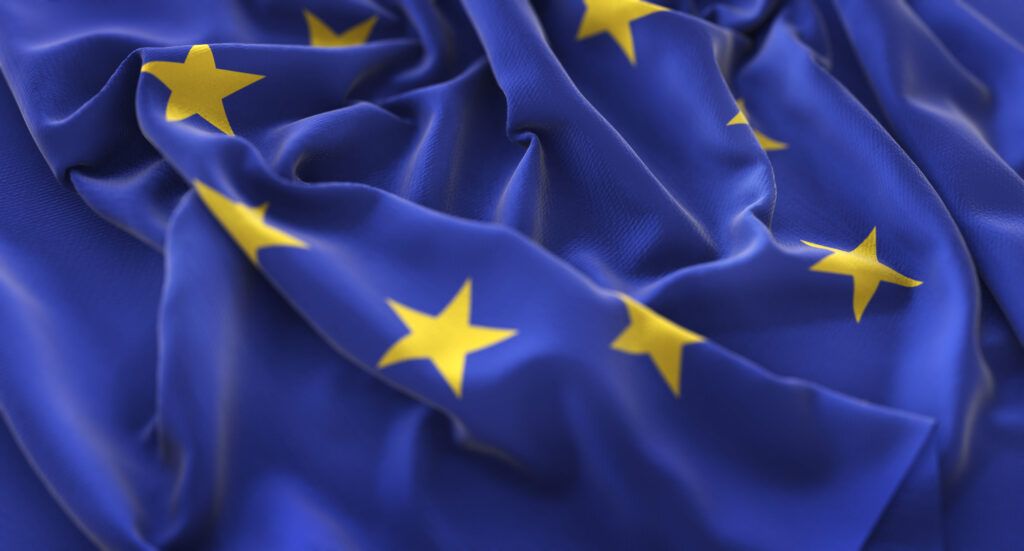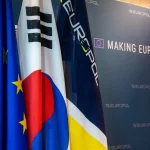War in Ukraine, rising global authoritarianism, a more assertive China and climate emergency have caused a tectonic shift in the geopolitical landscape, MEPs warn.
In a report on Wednesday, Foreign Affairs Committee MEPs called for EU to switch to qualified majority voting for foreign and security policy decisions as soon as possible. They argue that exceptions should only be allowed for the creation of military missions or operations with an executive mandate under the Common Security and Defence Policy, for which unanimity must be maintained.
Swift and united response to challenges
The EU’s swift response to the Russian war of aggression against Ukraine is a testament to the effectiveness of the EU’s foreign, security and defence policy, MEPs say. In order to enhance the EU’s role as a credible global player with the foreign policy that is based on shared values of human rights, democracy and the rule of law, the EU must adopt and implement procedures that make decision-making more flexible and efficient. This would allow the EU to take early, preventive action and to respond rapidly to challenges.

The role of national parliaments in EU defence cooperation
|
MEPs say the EU’s reaction to events in Ukraine is being closely watched by autocracies around the world and will have a decisive influence in shaping their behaviour on the international stage, and they want the EU and member states to increase military, political and humanitarian assistance to Ukraine.
Tectonic shift in the geopolitical landscape
MEPs say that Ukraine, along with the rise of global authoritarianism, increasing Sino-Russian cooperation, China’s assertive foreign policy, the climate emergency, and the impact of COVID-19 have caused a tectonic shift in the geopolitical landscape. They call for a swifter implementation of the concept of strategic autonomy while at the same time stressing the need for closer cooperation with NATO and likeminded global allies. They also call for swifter and full implementation of the Strategic Compass, adopted in March 2022, as well as making full use of the ‘Team Europe’ approach to coordinate and avoid duplication in the EU’s foreign policy of the EU member states. The report calls for autonomous European diplomacy in all policy areas, including public and cultural, economic, climate, digital and cyber diplomacy.
MEPs also express concern regarding the EU’s dependency on energy resources and other materials critical to its infrastructure, urging the EU to reduce these dependencies on third countries, in particular those which do not share the Union’s values or with which the Union finds itself in a state of systemic rivalry.

Defence data 2019-2020 Key findings and analysis Metadatos
|
Enlargement
Welcoming the first meeting of the European Political Community in October 2022 as a platform for discussion, the report stresses that this forum should under no circumstances precipitate, or form a pretext for delays to, the EU accession of enlargement countries.
More information: European Parliament







Leave a Reply